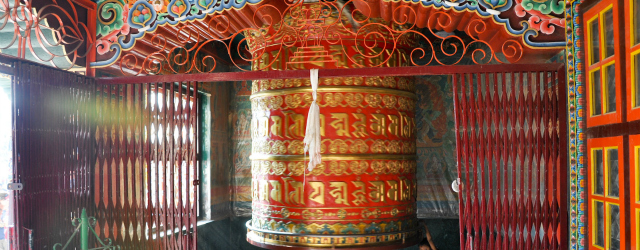The gospel takes root in a Brahmin’s life

A Christian couple have entered a remote area of the world where Hinduism is the dominant religion. People there are divided into castes which determine who they can talk to, eat with, marry and the kind of work that they can do. The village priest has a huge amount of power.
Raj came from the Brahmin, upper class. He was interested when this couple offered to tell him stories. One day he asked a question, “Who is greater, God or man.”
The story teller was tempted to rush in with some sort of answer but was prompted by the Holy Spirit to ask Raj, “Why do you ask this question?”
Raj replied, “I have been looking for God for many years and now you’re saying that he is looking for me. Surely that is not something that a great God would do.”
The story teller had to fight his old patterns of answering questions with doctrinal kinds of answers. Instead, he replied, “Let me tell you a story. There was once a shepherd who had 100 sheep. One of them went missing. The shepherd left the 99 in a secure place and went to search for his missing sheep. He searched high and low and eventually found it. He placed it over his shoulders and carried it home where he held a party for his neighbours saying, “I have found the sheep that was lost.”
“So what then is the answer to your question?
“Obviously the shepherd is more important and yet he seeks his lost sheep.”
Next day while the two men were picking oranges together Raj said, “Of all the stories you have told me I like the one about the lost sheep.”
“Oh, why is that?”
“I love that the shepherd thought his one sheep was so important that he would go and find it and then have such rejoicing when it was found. That is what the God you have told me is like when one of us starts following him.”
Raj went on to become not only a believer but a true disciple. One day he was entertaining a Westerner in his home. He is a Brahmin, the higher caste. Some lower caste women came to talk to the Westerner and he offered them a drink. The lower caste women then went to carry their cup outside to wash it for a Brahmin would never touch anything that was touched by lower caste person. The westerner stood up and took the cups from the women and said, “No, not in this house, we don’t follow these traditions here,” Raj was happy to agree with this and also did not allow the women to wash their own cups.
Used with permission, all names changed.



























